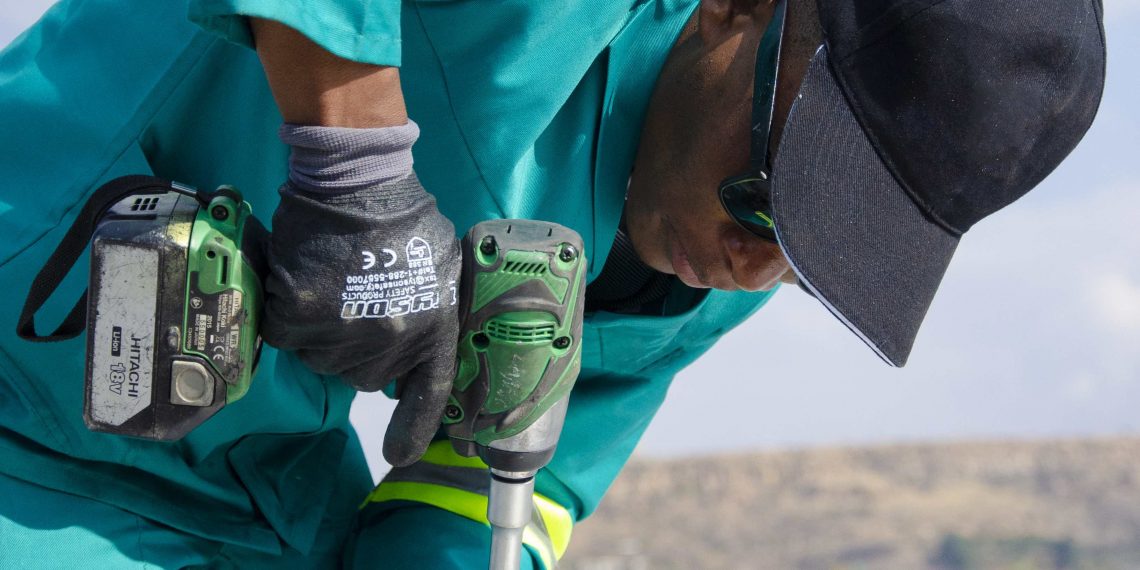Many economies in Africa depend largely on a single commodity. Whether it is oil in Nigeria and Angola, coffee in Uganda, copper in Zambia or to a considerable extent, gold in South Africa; single-commodity domination of an economy inevitably ends up restricting growth.
In South Africa, we find we are at the tail end of our recoverable gold reserves while at the same time iron ore and platinum have badly lost worth. This, combined with the increasing sociological problems associated with such a labour-intensive industry, becomes a core reason why we as a nation should diversify. To grow our economy we can longer rely on our minerals.
The government encouragingly seems to be aware of this need. Delivering South Africa’s country statement at the United Nations Conference on Trade and Development (UNCTAD) 14 Conference in Nairobi, Kenya, in 2016, the Minister of Trade and Industry, Rob Davies, said the conference comes at a time of a deepening global crisis.
“The current circumstances require we intensify our efforts to diversify our economies away from an over reliance on primary, unprocessed products, and move up the value chains through pursuing industrialisation.
“An integral component of this involves pursuing a development integration agenda on the African continent, which combines market integration, infrastructure and industrial development,” said the Minister.
So to grow the economy, we need to refocus and encourage more entrepreneurial behaviour in order to spread our risks and move away from an historical over-reliance on commodities. What does this mean to South African individuals? They too must diversify. With increasing pressure on the job market, and lower wages overall, many individuals are discovering that they need to supplement their income. Individuals are relying on their entrepreneurial talents to do this – seeking out their own ‘side hustle’ to create additional income streams. Fedgroup’s Impact Farming is an option. By investing in farm assets, which you own, you can earn a steady rate of return over the term based on the harvest the assets produce. Staying vested for the longer term will yield better income payments over time as the bushes grow more berries or the hive produces more honey. Meanwhile demand for solar electricity is predicted to continue to increase inline with rising prices of electricity supplied by the national grid.
Impact Farming also makes sense if you are looking to diversify your investment portfolio – offering better returns than putting your money into a bank account but with less risk than the equities market. It makes for an interesting alternative investment vehicle to add to your portfolio.
With a rapidly growing population, increasing unemployment and a rising cost of living, many people are feeling the pressure to consider carefully how to both earn more money and protect the investments they have.






























Awesome article.